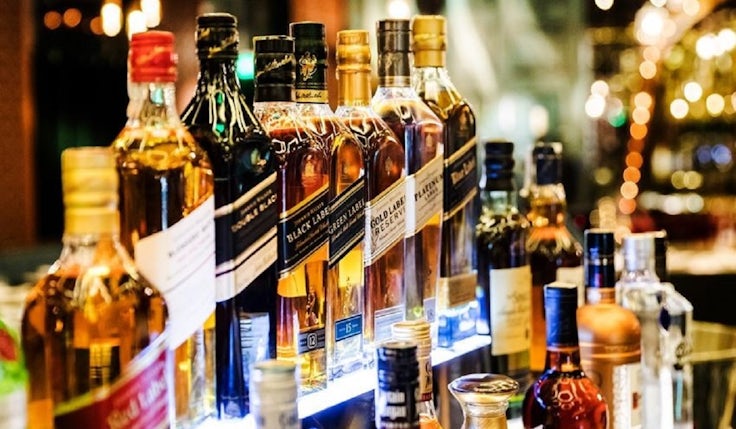The 2023 Agenda: Premiumisation focus rises as private label share grows
Marketing Week has identified the key opportunities and challenges that will shape marketers’ roles in 2023. As well as flagging what we think marketers should be spending time and money on next year, this is also a commitment from us to focus on these topics.
 During periods of inflation when consumer spending is squeezed, it may seem counterintuitive for businesses to promote their more expensive products. But as brands work to prove their worth to consumers, many are demonstrating a point of difference by showcasing their premium offer.
During periods of inflation when consumer spending is squeezed, it may seem counterintuitive for businesses to promote their more expensive products. But as brands work to prove their worth to consumers, many are demonstrating a point of difference by showcasing their premium offer.
And no wonder, when at the cheaper end of the spectrum supermarket private labels are gobbling up market share. As of October, private label accounted for 53% of UK FMCG spend, up from 52% a year prior, according to NielsenIQ data. That trend is only likely to continue next year.
In its most recent results, drinks giant Britvic warned squash brand Robinsons will be “challenged” by cheaper private label products within the category next year. Branded products are often sold at as much as double the price of their private label competitors.
CEO Simon Litherland said the business would support Robinsons by increasing its marketing investment around the brand in 2023, promising some “really strong plans” to engage consumers and persuade them that Robinsons is worth the extra cost.
Meanwhile, Diageo – owner of alcohol brands such as Guinness and Baileys – has reported the staggering success of its choice to focus on its most premium brands to drive growth this year. In its financial year ending 30 June, the company’s ‘premium plus’ brands like Johnnie Walker, Don Julio and Tanqueray contributed 57% of reported net sales and drove 71% of organic net sales growth.
In March, Diageo CMO Cristina Diezhandino told Marketing Week’s Festival of Marketing that rising costs in the year ahead meant price rises were inevitable. However, she argued that consumers are more likely to accept these price increases from premium brands, because these are viewed as “special” or “treats” already.
The best way to make your brand vulnerable to private label is to commodify it
Rival alcohol business Pernod Ricard also “firmly believes in the resilience of the UK market”, particularly when it comes to premium spirits. In the run up to Christmas, strategy and transformation director Richard Preston highlighted gifting as a particular occasion where consumers may look to treat family or friends with premium spirits or wine, even as their discretionary spend is squeezed.
Outside of the FMCG sector, travel company On the Beach increased its booking value by 31% compared to pre-pandemic levels as it focuses on capturing a greater share of the premium market. In its results for the year to 30 September, the brand hailed a “truly differentiated customer proposition”, which has set it apart from its peers.
The travel firm has introduced “customer-focused initiatives”, such as free airport lounge access and fast-track security, to enhance the experience it offers. On the Beach credited its investments in brand, tech and the customer proposition during 2022 with driving an 82% rise in five-star holiday sales compared to pre-Covid levels.
The Bank of England doesn’t expect inflation to fall until the middle of 2023, so prices aren’t likely to come down soon. And with a recession taking hold, brands will have to stand out in other ways to win consumer spend next year. As such, premiumisation is likely to continue.
Whether consumers will still indulge in small or large treats next year remains to be seen, but it’s a gamble many brands are prepared to make.







